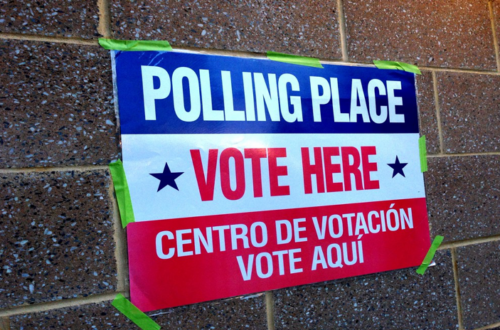The COVID-19 pandemic has pushed Florida to its limits and caused economic chaos in the state. It has raised budget concerns for public schools, confronted many small businesses, and even questioned the state’s health care structure.
It is now evident that Florida will experience significant budget cuts in the upcoming fiscal years due to the decrease in state tax revenues as a result of COVID-19. Economists predict a $3.3 billion general state revenue reduction.
The lack of funds will highly increase the pressure on Florida lawmakers who must now decide next year’s spending allocations on health care programs, educational matters, and other governmental projects.
The Florida Legislature’s last encounter with budget materials was all the way back in March, which only factored in the beginning of the COVID-19 pandemic. Since then, Florida’s economy has been hit hard as its major economic indicators and businesses report millions of dollars in loss and high levels of unemployment.
House Budget Chair Jay Trumbull, R-Panama City, heavily pushed the idea that a $92 billion spending plan for the upcoming year is going to be rough for Florida residents. One of the largest cuts may be education followed by federal and state health care programs.
Florida education officials state that many school districts in Florida are now facing the awful aftermath of serious budget cuts.
The Hillsborough County School Board, one of the United States’ top 10 largest school districts, has proposed many options for downsizes to address the short-term cash crisis caused by school expenses exceeding revenues. Experts project that many teachers may face unpaid workdays and schools will experience closures. The county may even institute zoning changes to better distribute student enrollments.
Moreover, some Florida universities approved millions of dollars in budget cuts in preparation for the legislative session.
Public school enrollment in the U.S. has already significantly decreased since the beginning of 2020. Based on the Florida Education Association and the Florida School Finance Officers Association, the enrollment rate has shown signs of “disturbing” drops in many of Florida’s 67 districts. The enrollment drops seem to be adding fuel to the fire created by cuts to education.
For now, the emergency order by the Florida Department of Education assures that there will be no additional intentional budget cuts. The order came as a response to the low enrollment rates seen especially at schools with virtual options; however, it does not secure funding for future semesters.
Medicaid is also on the chopping block amid budget reductions. Dependency and enrollment in Medicaid is significantly rising. Experts believe that without adequate federal aid, Florida may enact serious health care and Medicaid cuts that could jeopardize many people’s access to coverage in the middle of a pandemic.
State analysts predict the cost of Medicaid to skyrocket as anticipated tax collections sharply decrease due to the economic fallout. This means that the health coverage that many lower-income Florida residents rely on will demand another $1.2 billion in state taxpayer money next year.
“You know, we’re going to need to look very hard and diligently at how everything is funded, and whether or not it meets muster,” said Trumbull about the 2021-22 budget. “We will be squeezing blood out of turnips, as they say in my neck of the woods.”
Senate Appropriation Chairwoman Kelli Stargel, R-Lakeland, also addressed the cuts by saying, “This is going to be the year that we’re going to have to figure out how we can make sure we meet the things that help the most people of this state that we serve, with the limited resources that we have.”
While budget cuts have the potential to be detrimental for Florida’s residents, there are still reasons to have hope for the state’s long-term economic outlook despite the continued COVID-19 pandemic.
Florida had a minor recovery period when the projected shortage for the current fiscal year decreased from a $5.4 billion gap projected in August to a smaller $3.3 billion gap. Florida’s biggest economic boon, its tourism industry, is projected to get back on its feet midway through 2021 based on positive trends in employee retention, average hotel occupancy rate, and tourism profits.
It is estimated that the number of state visitors will return to pre-pandemic numbers by 2022.
Featured image: Cash, the Florida State Flag, and COVID-19 concerns. Image taken by Mikhail Mikhaylov.
Check out other recent articles from the Florida Political Review here.






4 Comments
Samarie T Diaz
This needs more attention! Thank you for bringing light to this topic. I also just listened to the podcast discussion about this topic and some very interesting points were brought up by Mikhail, including the Bright Futures debacle. Keep up the good work!
Spencer Ducc
What are they doing with our tax dollars??? Why cut off health care programs and educational matters during a pandemic? That is just ridiculous. Great thing people like you shine some attention on this. This article is really important.
Alison Dale
YESSS, this is very important!!! Good job, Mikhail!
Ivan
This is a very informative article. Great job on the research and excellent work on that photo, Mikhail.